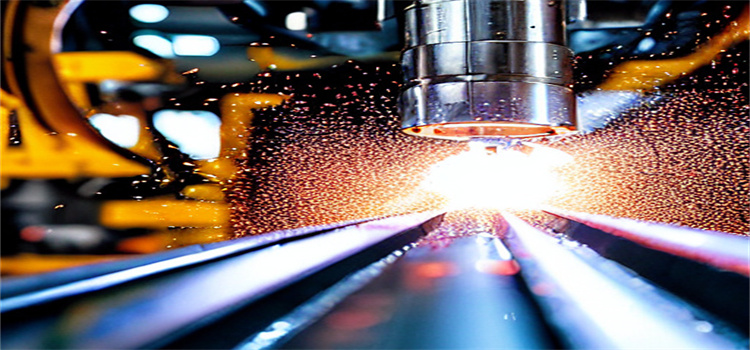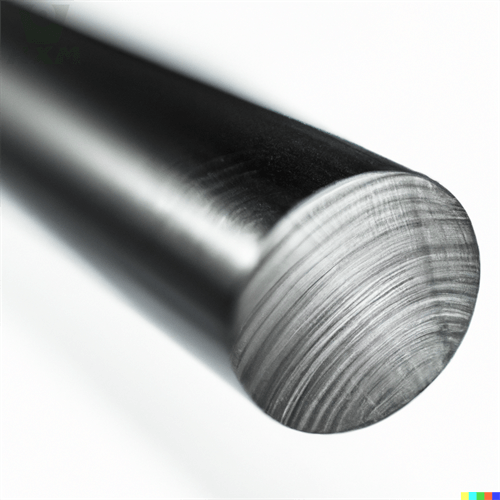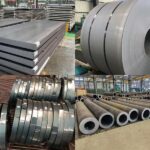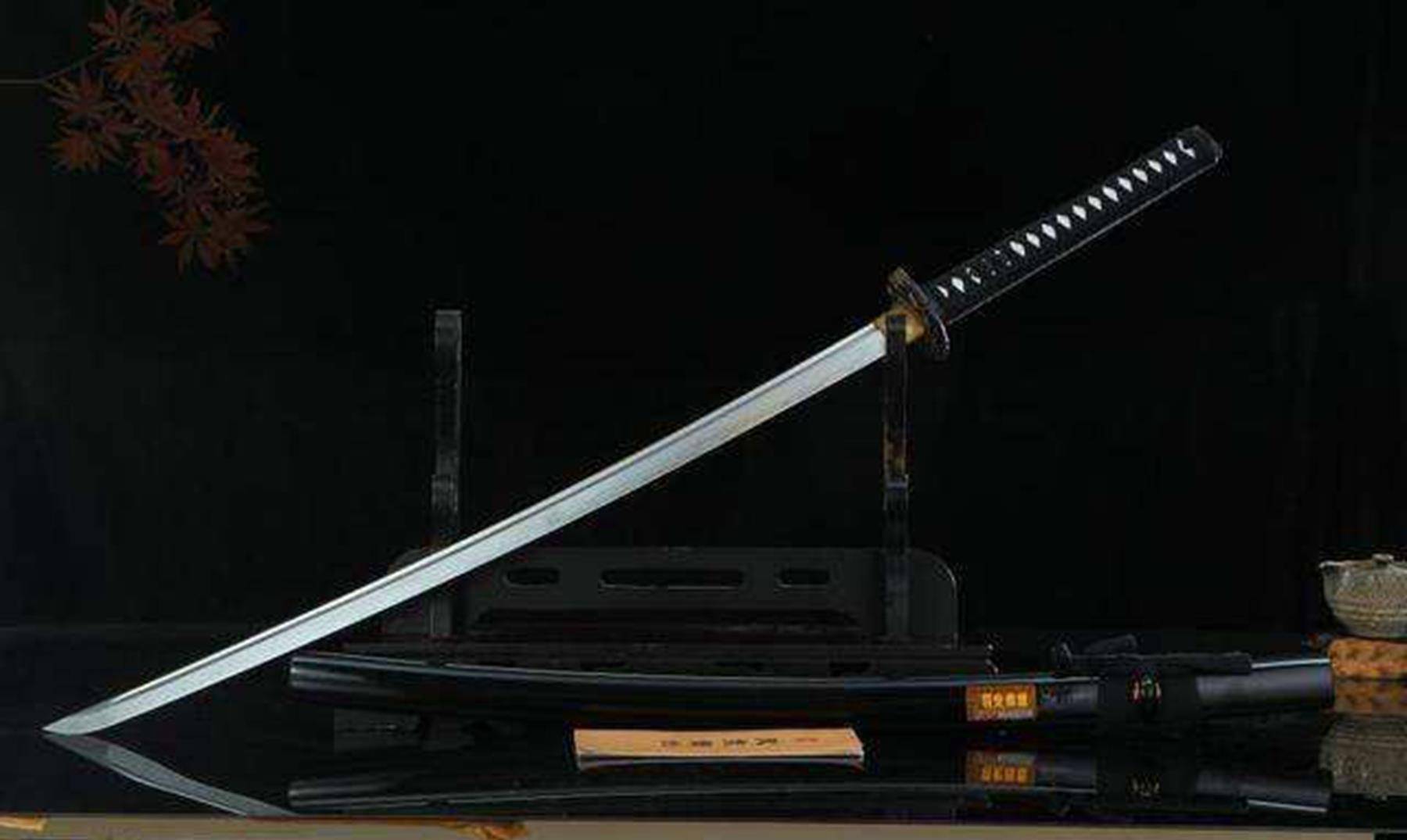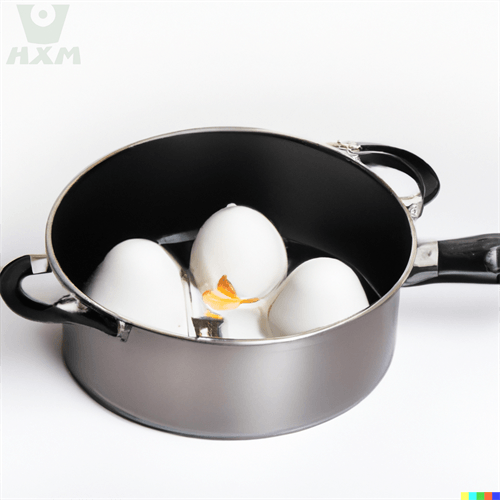Mild steel, despite its widespread use in various industries due to its cost-effectivenesss and ease of processing, is susceptible to corrosion when exposed to harsh environments. Corrosion not only compromises the mechanical properties of mild steel but also leads to aesthetic degradation, affecting its functionality and durability. Therefore, it is crucial to implement effective corrosion protection measures to ensure the long-term performance of mild steel. So, in this article, we’ll take a closer look at how to protect mild steel from corrosion.
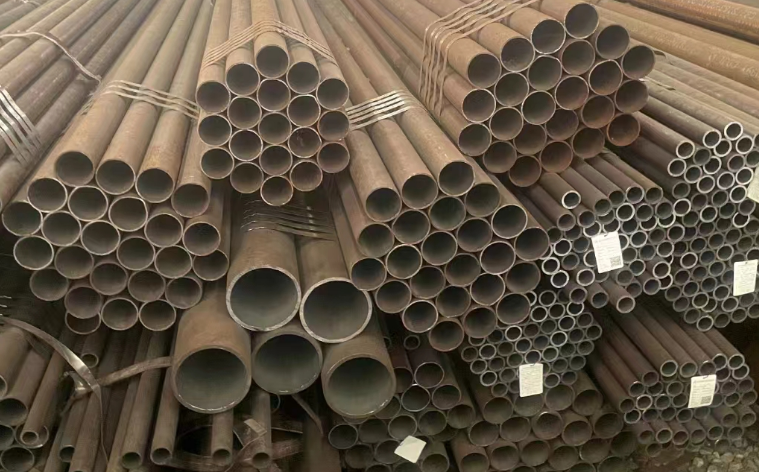
How to Protect Mild Steel from Corrosion?
1. Understanding the Corrosion Process
Corrosion is a natural process that occurs when metals react with their surrounding environment, resulting in a gradual deterioration of the material. In the case of mild steel, the presence of iron and carbon in its composition makes it susceptible to corrosion, especially when exposed to oxygen and water. The formation of iron oxide, commonly known as rust, is the visible sign of corrosion on mild steel.
2. Protective Coatings
One of the most common methods to protect mild steel from corrosion is the application of protective coatings. These coatings act as a barrier between the steel and the corrosive environment, slowing down the corrosion process. Common protective coatings include:
- Paints and Coatings: Paints and other organic coatings provide a protective layer that shields the steel from moisture and oxygen. Properly applied and maintained paint coatings can significantly extend the corrosion resistance of mild steel.
- Zinc Coatings: Zinc coatings, such as galvanizing, are widely used to protect steel from corrosion. The sacrificial nature of zinc means it corrodes first, thereby protecting the steel substrate.
- Chromium Coatings: Chromium-based coatings, such as chromate conversions, form a protective barrier on the steel surface, enhancing its corrosion resistance.
3. Corrosion-Resistant Alloys
Using corrosion-resistant alloys is another effective way to protect mild steel from corrosion. These alloys are specifically designed to withstand harsh environmental conditions and offer improved corrosion resistance compared to traditional mild steel. Examples of such alloys include:
- Stainless Steel: Stainless steel, with its high chromium content, exhibits excellent corrosion resistance, making it a suitable alternative to mild steel in corrosive environments.
- Weathering Steel: Weathering steel is designed to form a protective rust layer when exposed to the elements, minimizing further corrosion. It is suitable for outdoor applications where exposure to the elements is unavoidable.
4. Cathodic Protection
Cathodic protection is an electrochemical method used to protect mild steel from corrosion. It involves the use of a sacrificial anode or an impressed current to protect the steel by making it the cathode in an electrochemical cell. The sacrificial anode corrodes instead of the steel, thus protecting it from corrosion. This method is commonly used in marine environments and underground pipelines.
5. Corrosion Inhibitors
Corrosion inhibitors are chemical compounds that are applied to the steel surface to slow down the corrosion process. These inhibitors form a protective film on the steel surface, blocking the access of corrosive agents. Common corrosion inhibitors include rust inhibitors, passivators, and film-forming agents.
6. Regular Maintenance and Inspection
Regular maintenance and inspection are crucial to ensure the continued effectiveness of corrosion protection measures. Visual inspections should be conducted regularly to detect any signs of corrosion, and appropriate action should be taken promptly. Additionally, regular cleaning and repainting of coatings can help maintain their protective properties.
Conclusion
In conclusion, protecting mild steel from corrosion requires a multifaceted approach that combines the use of protective coatings, corrosion-resistant alloys, cathodic protection, corrosion inhibitors, and regular maintenance. By implementing these measures, we can significantly extend the lifespan and maintain the integrity of mild steel in various applications.
Thank you for reading our article and we hope it can help you to have a better understanding of how to protect mild steel from corrosion. If you are looking for mild steel suppliers online now, please don’t hesitate to contact Huaxia Steel.
As a leading supplier of carbon steel from Shanghai China, Huaxia Steel provides customers with high-quality carbon steel, tool steel, alloy steel, carbon steel tubes, and carbon steel pipes at a very competitive price.

